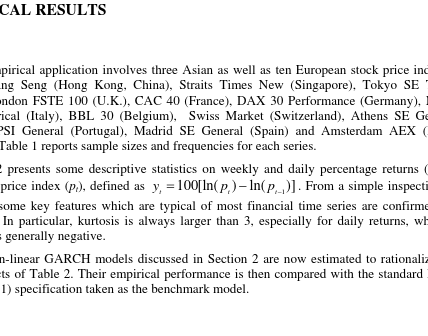Econometrics research of CPIH Volatility Inference with Interest Rate Volatility
The British economy, as well as many other developed economies, has structural inflation issues that are not correlated to wages, quite the opposite, average annual incomes in the past 34 years haven’t kept pace with inflation, making real income unable to afford the rising costs of keeping the British economy going, and this will inevitably result in spillover effects. As we can see from the table below, the Real Income Distribution of wages has seen: the bottom quintile Income distribution improving by £5493 in 34 years which is £161,55 pound per year increase in annual income, the second quintile income distribution of £24000 to £28000 pound range has seen the real income growing only by £9074,16 that equates to £266,88 pound annual income increase per year spread across 34 years. Indeed, the Median income of the average British employee in 2023 equates to £34400, and the annual income has grown in real terms only by £10921 in 34 years, equating to a meagre £321,20 pound per year, income increase. There isn’t a wage/inflation correlation in the UK economy, its structural inflationary issues derive from other macroeconomic factors.
Net Real Income Change (Bottom): £5,493.26 Net Real Income Change (2nd): £9,074.16 Net Real Income Change (3rd (Median)): £10,921.80 Net Real Income Change (4th): £14,009.62 Net Real Income Change (Top): £20,957.67










Read More:
https://www.ecb.europa.eu/pub/pdf/scpwps/ecb.wp2448~642411a850.en.pdf
https://mpra.ub.uni-muenchen.de/111151/1/MPRA_paper_111151.pdf
https://www.ecb.europa.eu/pub/pdf/scpwps/ecbwp317.pdf
https://www.bancaditalia.it/pubblicazioni/temi-discussione/2018/2018-1170/en_tema_1170.pdf
















